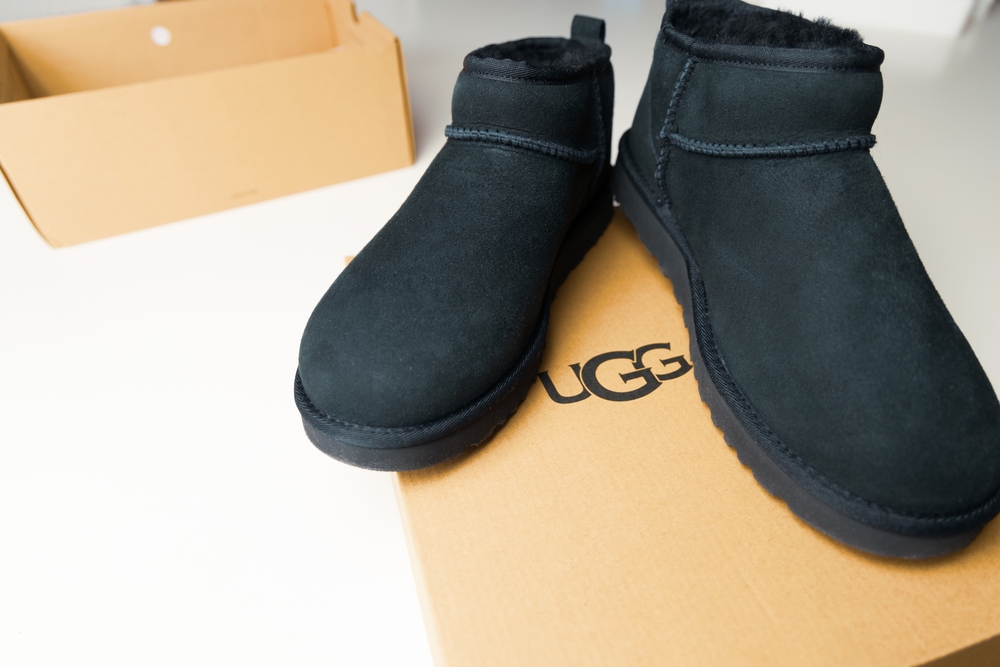The company will now be known as Since 1974 outside of its home market.
Others are reading now
Australian-made sheepskin boots have become a cultural icon, recognized for their comfort and connection to the country’s heritage.
While the term “ugg” is widely used in Australia to describe these boots, its global usage has sparked a complex legal battle that has now led to significant changes for one of the nation’s well-known brands.
After nearly ten years of legal wrangling, UGG Since 1974, an Australian company with decades of history, has announced that it will operate under a new name outside of Australia and New Zealand.
Also read
We Are Original
The company’s representative, Todd Springthorpe, shared the news, explaining that the U.S.-based Deckers Outdoor Corporation had pursued legal action over the rights to the term “UGG.”
Springthorpe described the situation as challenging, noting that the lawsuit made it difficult for the brand to share its products internationally.
As a result, the company will now be known as Since 1974 outside of its home market. Despite the change, Springthorpe assured customers that the brand’s legacy remains intact, stating:
“We are the original and will still be the original no matter what our label says.”
The term “ugg” has been a generic name for sheepskin boots in Australia for nearly a century.
‘Surfers helped popularize the footwear in the 1960s, and by the time UGG Since 1974 was established, the term was commonly associated with sheepskin boots.
In 1995, Deckers Outdoor Corporation acquired the trademark for “UGG” and registered it in 130 countries.
The company claims that UGG is recognized as a brand name by international consumers. This trademark has allowed Deckers to sue Australian companies like Australian Leather, the parent company of UGG Since 1974, for copyright infringement.
Eddie Oygur of Australian Leather criticized the trademark’s international approval, calling it a mistake. The lawsuit began in 2016 and is ongoing.

